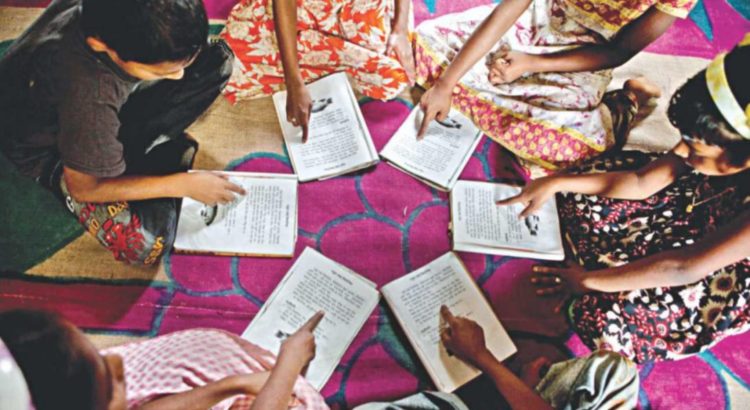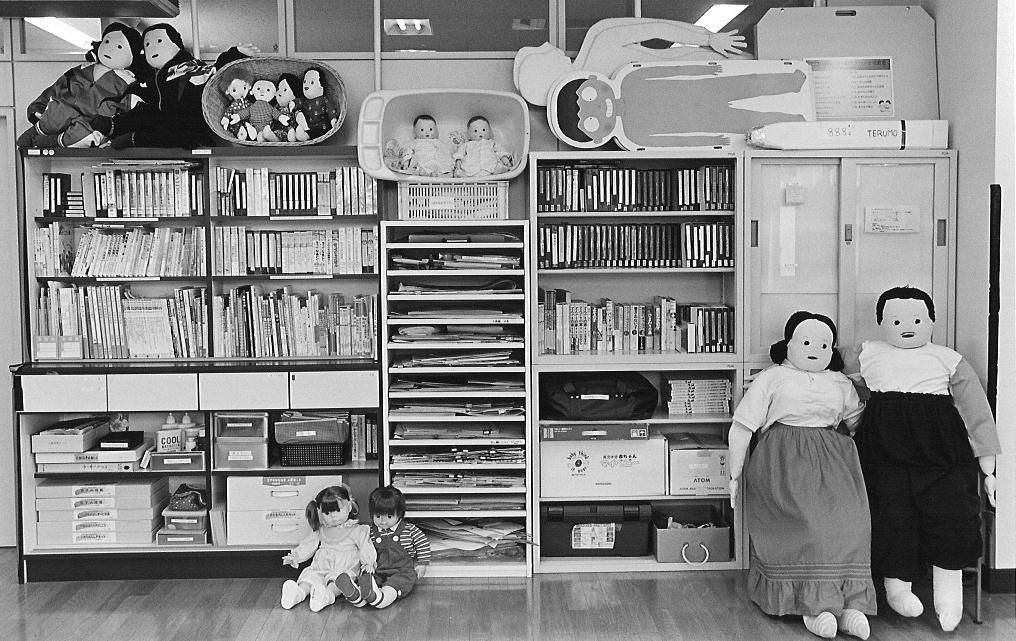Oceania/ Australia/ 03.12.2019/ By: Fergus Hunter /Fuente: www.smh.com.au.
At least 50,000 Australian children are completely detached from formal education at any one time, a new report has found, challenging schools and governments to face up to a «hidden disaster» that is structurally entrenched and poorly understood.
The research from the University of Melbourne’s Graduate School of Education has sounded the alarm on children disappearing through «trap doors» in education systems that are failing to accommodate young people’s needs and embrace those who are struggling.
«Australia has a very serious educational problem that we seemingly do not want to acknowledge,» the researchers, Jim Watterston and Megan O’Connell, concluded. «It is an issue that needs to be brought out into the open and receive urgent attention.»
Through modelling based on internal education department data and statistics from multiple other sources, the report concluded 50,000 was a conservative estimate of the number of unaccounted school-age children who are completely disconnected from any form of education.
Some of the detached children may never have been enrolled in school while others fell out of the system along the way, having been expelled, dropped out, or moved home. The research emphasised this group of detached young people as distinct from students who are sporadically engaged at school.
«They’re not absent from school; they simply aren’t in one. We’ve allowed them to opt out and disappear through a range of different ‘trap doors’,» declared Dr Watterston, the dean of the Melbourne Graduate School of Education and a former teacher, principal and head of the Queensland and ACT education departments.
In the report – titled «Those who disappear: The Australian education problem nobody wants to talk about» – Dr Watterston and Ms O’Connell identified a number of drivers of detachment, including mental health issues, dysfunctional home lives, disabilities, behavioural disorders, bullying, and discrimination.
«These students either disappear or, worse still, are silently ushered out of the ‘back door’ by school leaders concerned about the reputational impact of these students on potentially lowered NAPLAN and ATAR scores or due to community concerns about their behaviour or ‘fit’,» the report found.
It lashed mainstream school systems for exhibiting hostility to students seen as problematic, who become «collateral damage» in a competitive school market focused on academic achievement.
The researchers have put forward a series of recommendations to tackle the issue. They called for a national approach led by the federal government, including early intervention and boosted support for accessible education programs and alternative environments to mainstream schools.
One student who has experienced disengagement and detachment from education, Eddie Wilkins, told The Age and The Sydney Morning Herald schools had failed to manage his personal circumstances.
Eddie, 16, has come from a difficult background and dealt with a number of behavioural issues. Having grown up in Bayswater in Melbourne’s east, he was excluded from the classroom for all of year 5, missed all of year 8 following surgery, only attended six hours a week in year 9 and was expelled in year 10.
«From my point of view, it was pretty unfair,» he said.
He said his teachers had been hostile to him because of his record and dismissive of his issues, including a sensory disorder that makes him sensitive to certain clothing.
«They’re pushing kids for better results – and I guess that’s a good thing – but the kids who aren’t getting good results are just ignored,» he said.
Eddie eventually ended up at Lynall Hall Community School in Richmond, an alternative setting that is significantly more accommodating to his needs. He is now more motivated to attend class.
«These kids exist right through the system,» said Dr Watterston. «It is time to take serious coordinated action to prevent our most vulnerable young people from falling through the cracks.
Source of the notice: https://www.smh.com.au/politics/federal/50-000-children-missing-from-school-australia-s-hidden-disaster-revealed-20191126-p53e5z.html













 Users Today : 32
Users Today : 32 Total Users : 35460163
Total Users : 35460163 Views Today : 49
Views Today : 49 Total views : 3418832
Total views : 3418832